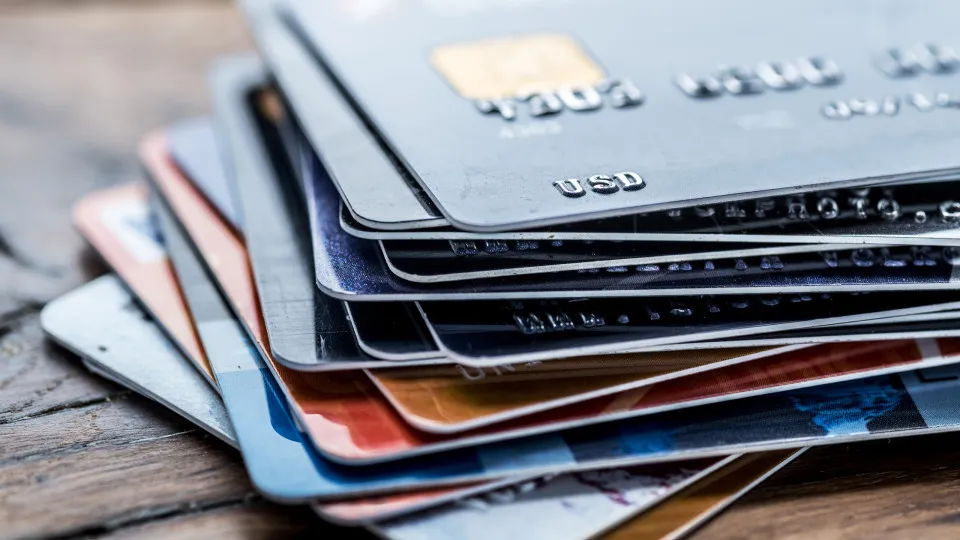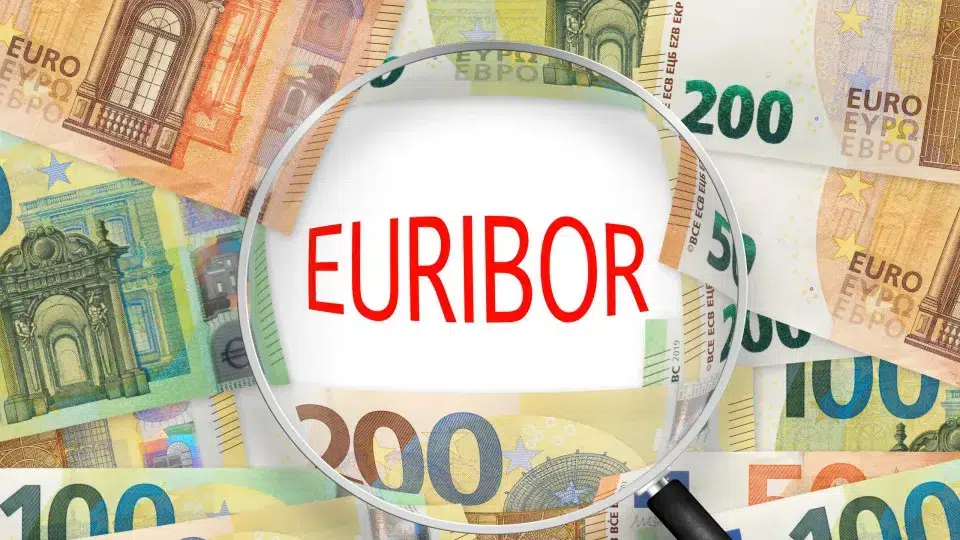
Do you know what to do in case of credit or debit card fraud? Can you identify it? Various types of banking fraud exist, including those involving bank cards, as highlighted by DECO PROteste, a consumer defense organization.
This organization describes seven types of fraud and explains how to protect oneself. Here is a summary:
- Phishing – “Through fraudulent messages sent via SMS, email, social media, or websites, consumers’ sensitive information is obtained (e.g., fake job offers or messages from tax authorities, among other scams).” How to protect yourself? “Never click on suspicious links regardless of the medium and verify the sender”;
- Card Cloning – “Scammers place a device on ATMs to copy your card information.” How to protect yourself? “Avoid machines that appear altered”;
- Fraudulent Phone Calls – “Scammers pretend to be from the bank and request data.” How to protect yourself? “The bank will never ask for your code over the phone, so do not share it with anyone this way”;
- Pharming – “When conducting online searches, consumers are redirected to a site resembling the one sought, but fake, aimed at obtaining confidential information (e.g., credit card data).” How to protect yourself? “Prefer typing the webpage’s address manually into the browser and avoid sponsored pages”;
- Spyware – “Unbeknownst to the user and without authorization, software is installed to gather sensitive information.” How to protect yourself? “Use updated antivirus software and avoid suspicious downloads”;
- Mail Theft – “Mail arriving at your address containing the credit card, code, or other information can be stolen by thieves.” How to protect yourself? “Request secure delivery and destroy old correspondence”;
- Spoofing – “Contacts made via phone, email, or websites in which fraudsters impersonate legitimate entities to obtain information or conduct transfers.” How to protect yourself? “Be wary of unsolicited contacts, never provide personal information (passwords, codes, etc.) and do not perform transfers or payments without verifying the authenticity of the received contact”.
Suspicious Transactions? Pay Attention
DECO PROteste advises that “if you notice suspicious transactions on your credit or debit card, the first step is to contact the credit institution that issued it and request its immediate cancellation“.
“Then, report the fraud to the authorities and keep evidence,” it adds.
It should be noted that “the bank is responsible for reimbursing the amount, provided there was no negligence and the incident is reported within 13 months after the debit.”
“However, you should report the occurrence as soon as possible; it is best to do so as soon as you detect the transaction,” it adds.
What is Bank Card Fraud?
DECO PROteste explains that “fraud involves deceiving someone or obtaining undue advantage“.
“When realized through a debit or credit card, it corresponds to any unauthorized use of your physical or digital card. It can occur online, by phone, or even at a tampered ATM. Scammers employ increasingly sophisticated techniques, but all have a common goal: stealing your financial data,” it states.




